Zohran Mamdani, a 34-year-old state lawmaker from Queens and prominent democratic socialist, was elected New York City’s next mayor, a victory that delivered a seismic blow to the city’s deep-rooted power structures and brought all eyes on a fractured Democratic Party charting its future against Donald Trump.
Mamdani will enter office in January as the first Muslim mayor in the city’s history, and one of its youngest, now set to run one of the largest and most diverse cities in the United States.
“Donald Trump, since I know you’re watching, I’ve got four words for you: turn the volume up,” Mamdani said in impassioned remarks to supporters Tuesday night.
Mamdani’s campaign, relentlessly focused on a growing affordability crisis, has been forced to contend with New York City’s future under Trump, who has threatened to pull critical federal funding from his hometown of more than 8 million people while falsely suggesting the Uganda-born mayor-elect is in the country illegally.
“New York will remain a city of immigrants, a city built by immigrants, powered by immigrants, and, as of tonight, led by an immigrant,” Mamdani said in his remarks. “Hear me, President Trump, when I say this: To get to any of us, you will have to get through all of us.”
But Mamdani’s victory — among the first elections within the first year of Trump’s second presidency — is likely to send a resounding message nationally as the Democratic Party regroups after an immense defeat during last year’s presidential elections.
Democrats across the country rallied in several hotly contested races Tuesday, counting victories for top offices in Virginia and New Jersey as well as mayoral races in Atlanta and Detroit.
Voters in California also approved a new congressional map that could give the state a massive boost in 2026 midterm elections as Republicans rev up a redistricting arms race to maintain control of Congress.
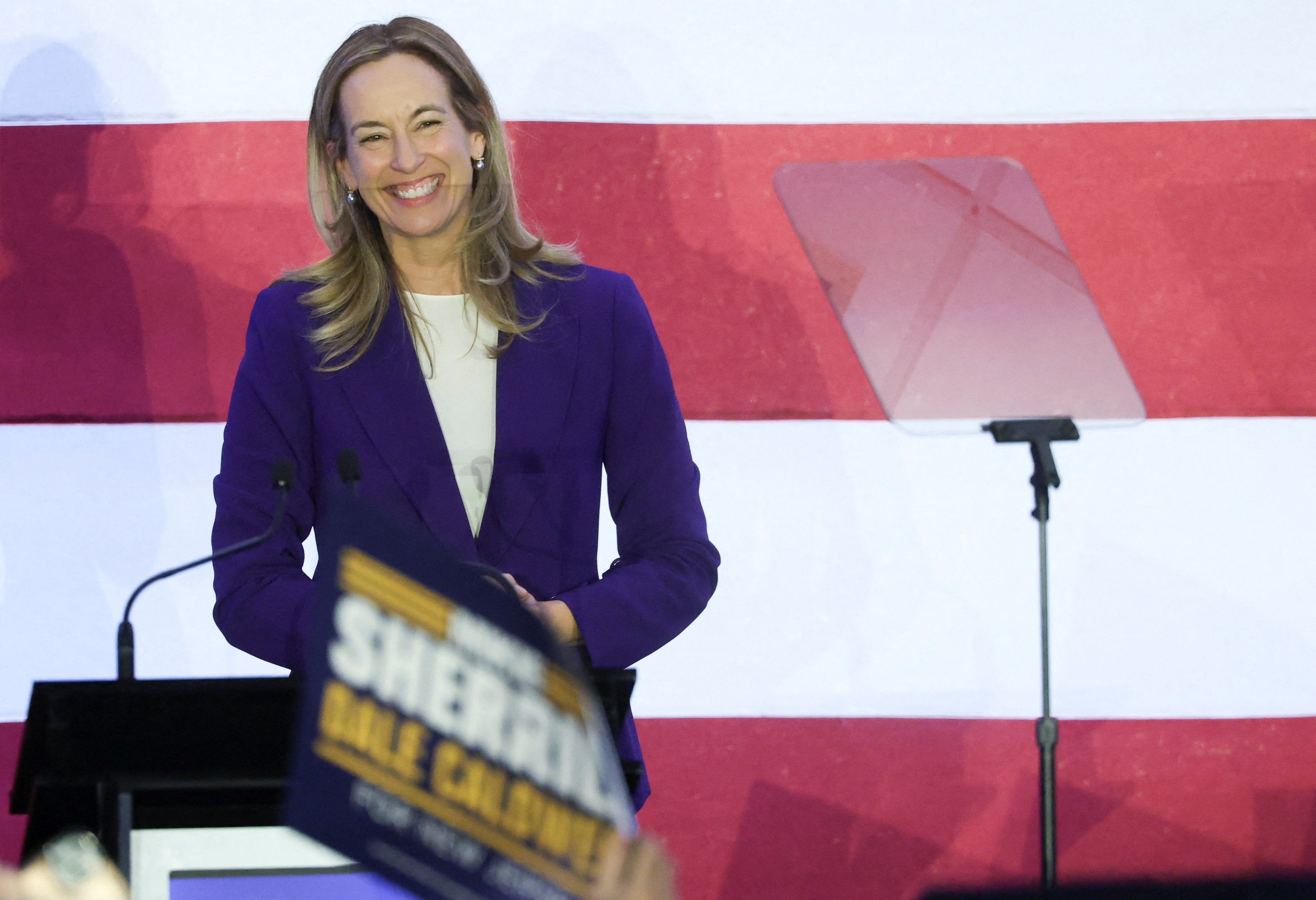
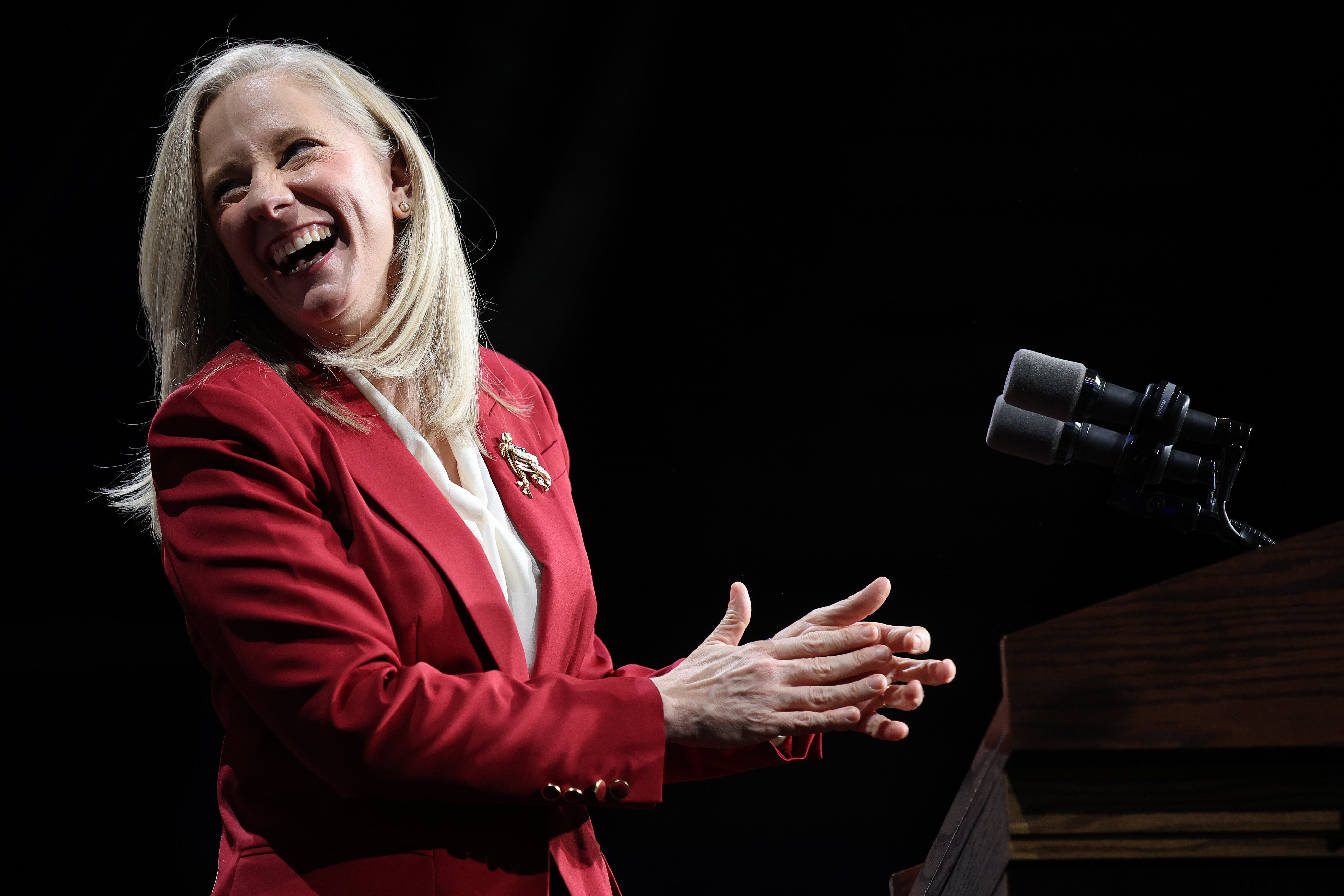
Mamdani’s election also marks his second victory against Andrew Cuomo, the disgraced former Democratic governor who lost a primary election to Mamdani in June and sought a second run during the general election.
The final days of Cuomo’s campaign — with a late boost from billionaire former mayor Michael Bloomberg — saw the former governor appealing to voters on Fox News, refusing to condemn Islamophobic attacks aimed at his opponent, releasing several racist AI-generated videos, claiming “diversity can be a weakness,” mistaking one Black MSNBC host for another, and hanging up on a radio interview when pressed for comment on Trump’s apparent endorsement.
“I wish Andrew Cuomo only the best in private life,” Mamdani said in his remarks. “But let tonight be the final time I utter his name, as we turn the page on a politics that abandons the many and answers only to the few.”
Mamdani hailed his victory as a “mandate for change,” after his campaign “toppled a political dynasty” and empowered the city’s “forgotten” communities left behind by previous administrations.
But Mamdani is projected to win with just above 50 percent of the vote to Cuomo’s 41 percent — with Republican Curtis Sliwa appearing to make the difference between them with 7 percent of the vote.
More than 2 million voters cast ballots in this year’s mayoral election before polls had closed, a turnout that had not been seen in decades.
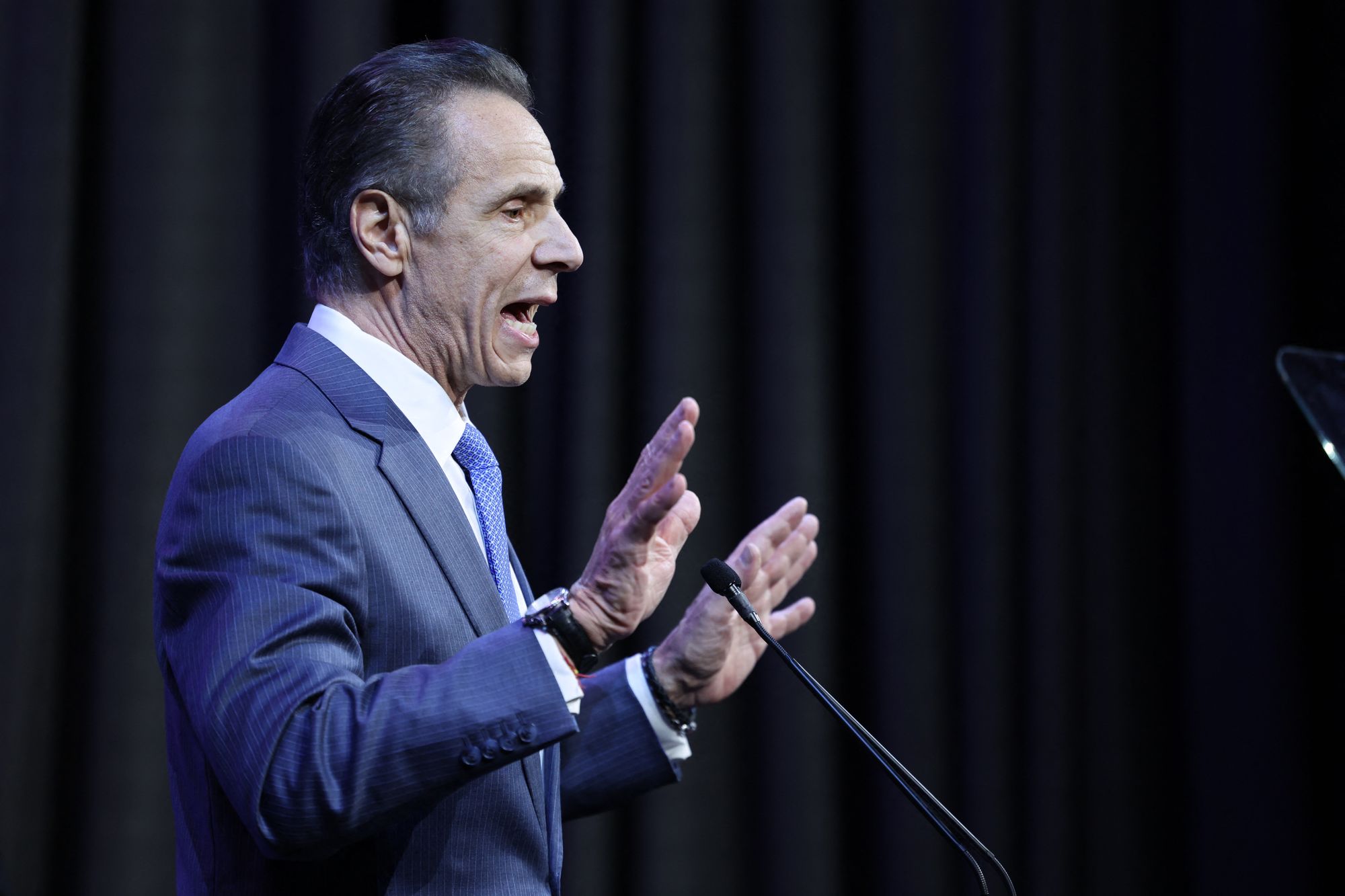
Mamdani was born in Kampala, Uganda, as the only child of academic Mahmood Mamdani and filmmaker Mira Nair. He moved to New York at 7 years old.
Before running for state assembly and a brief rap career under the stage name Mr. Cardamom, Mamdani’s first and only full-time job outside of politics was as a foreclosure prevention and housing counselor, where he assisted lower-income homeowners in Queens with eviction notices and efforts to remain in their homes, an experience that shaped his run for political office.
He placed his mayoral campaign against centrist Democratic figures and right-wing opponents in the context of the city’s long history of progressive politics — he has cited Fiorello La Guardia as his favorite mayor — and centered voices from a city of immigrants against one defined by its powerful political machines.
That campaign rocketed from relative obscurity at the beginning of the year into a massive grassroots operation, fueled by his deft use of social media and an unwavering message of affordability that resonated with an international audience.
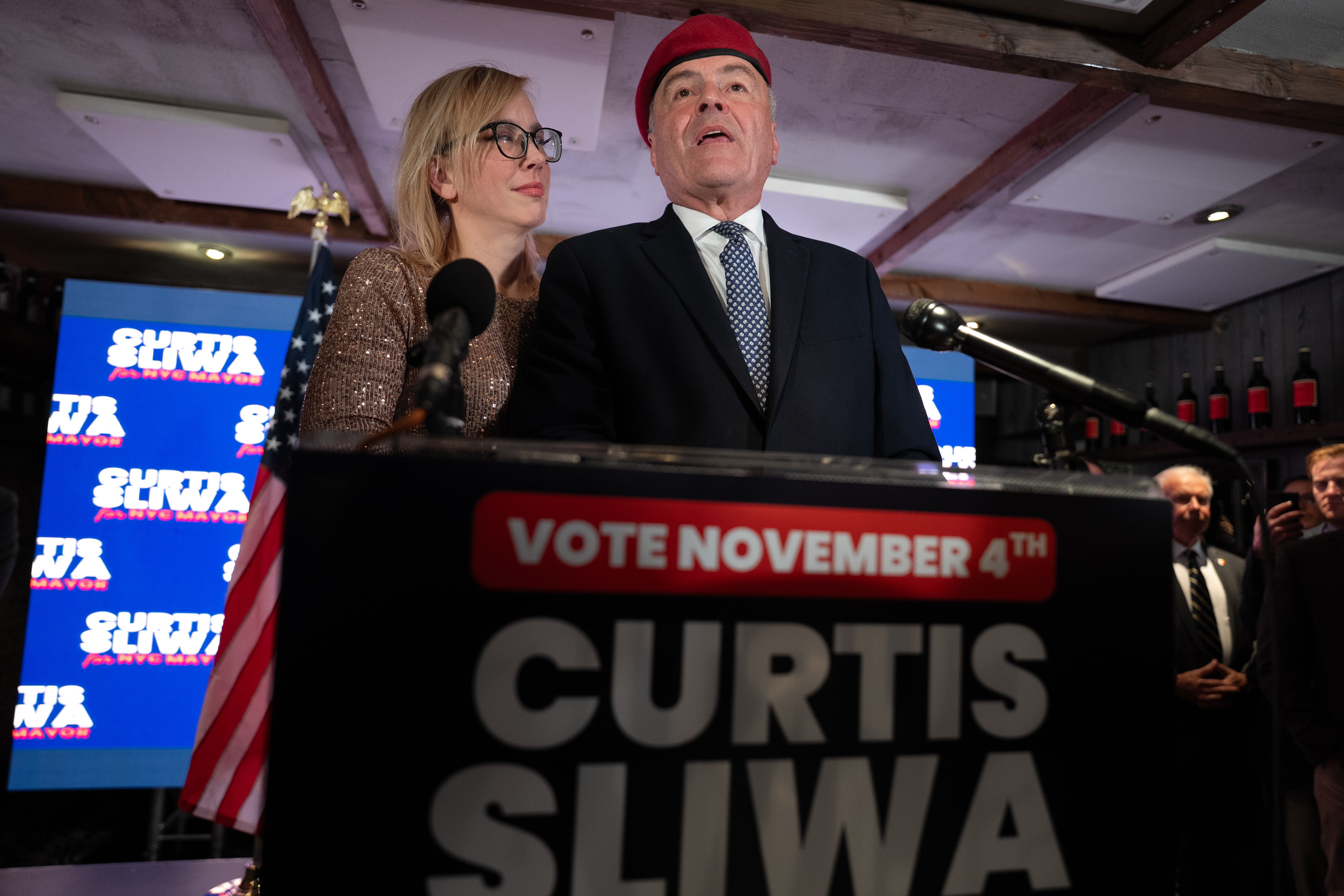
He won endorsements from influential progressive figures, including New York Rep. Alexandria Ocasio-Cortez and Senator Bernie Sanders, and his activism on behalf of Palestinian rights gave voice to growing outrage against Israel’s war in Gaza sidelined by Democratic establishment figures.
But he did not win endorsements from other prominent New York Democrats, including Senate Minority Leader Chuck Schumer, who declined to say who he voted for, and current Mayor Eric Adams, who dropped out from his re-election campaign after a flailing administration clouded by federal indictments and pressure from Trump to support his anti-immigration agenda. Adams ultimately endorsed Cuomo.
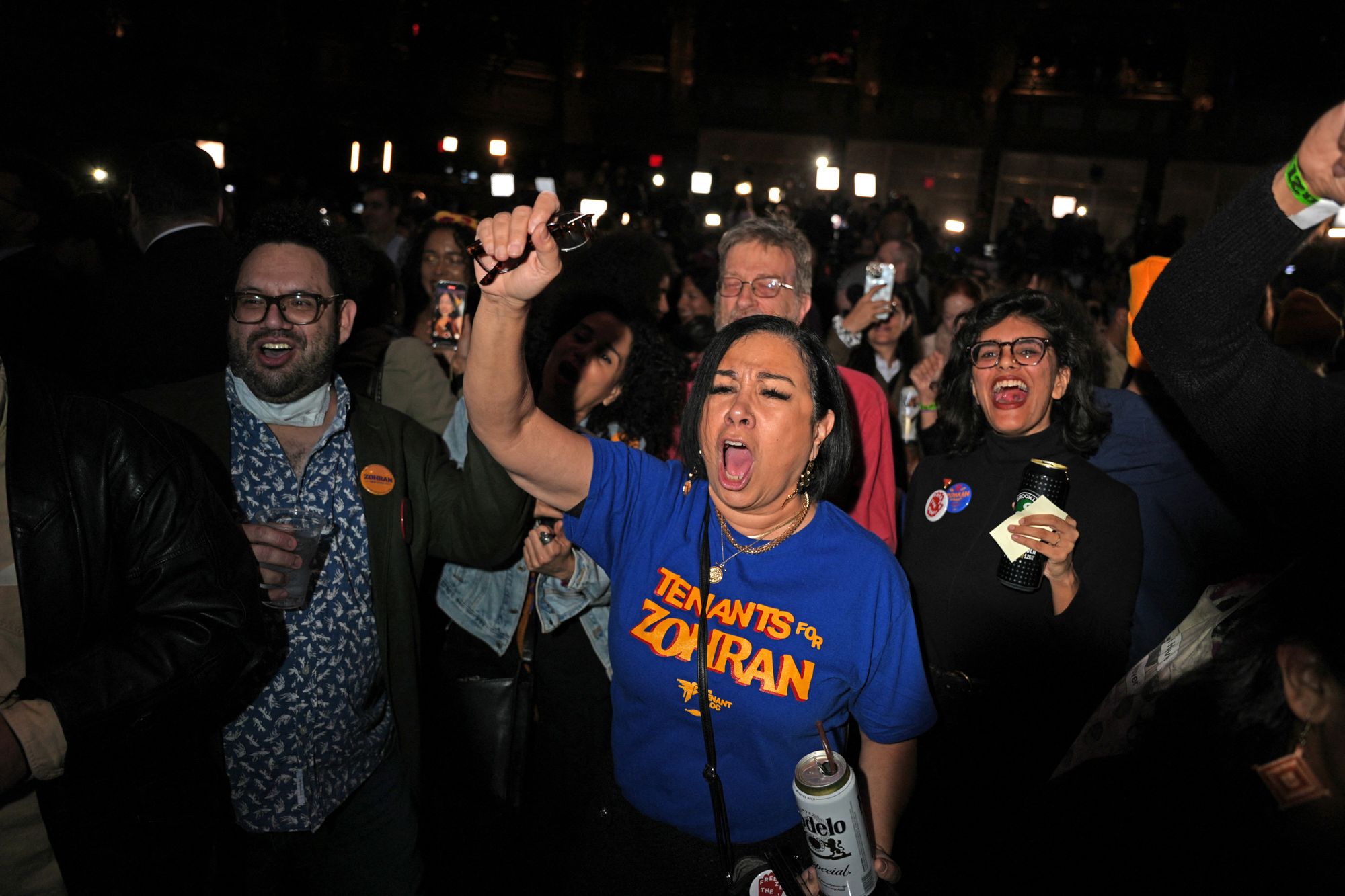
Mamdani has proposed no-cost childcare, freezing rent in tens of thousands of rent-controlled apartment units, boosting taxes on the wealthiest residents to fund free buses, and creating city-owned grocery stores to avoid a growing cost of living crisis in one of the country’s most expensive places to live.
His opponents labeled his ambitions unrealistic or compared his vision to failed socialist regimes, claiming that New York’s employers and wealthiest residents will flee the city if he’s elected.
Mamdani, who has repeatedly encouraged supporters to keep pushing beyond Tuesday, will lead a city where the left is no longer an obstacle outside City Hall but shaping it from the inside, bringing in a kind of organizing that is beyond electoral politics.
But Mamdani also campaigned on a vision of New York up against the Trump administration, warning that an ill-equipped mayor at the helm, or, worse, one that works in concert with the president, imperils communities across the boroughs. Massive legal battles are expected, likely with the support of the state’s Governor Kathy Hochul and Attorney General Letitia James, both of whom endorsed Mamdani.
He has called himself “Donald Trump’s worst nightmare” but also pledged to work with the president on issues related to affordability — pointing to Trump’s own campaign promises to ease the cost of living in the country.
“If anyone can show a nation betrayed by Donald Trump how to defeat him,” Mamdani said in his victory speech, “it is the city that gave rise to him.”







